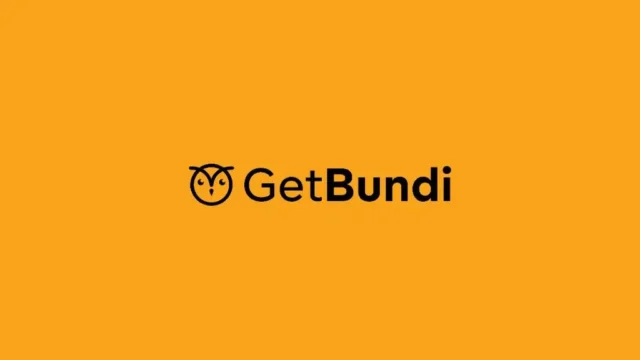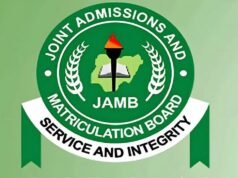At the recent Digital Nigeria International Conference in Abuja, Osita Oparaugo, founder and CEO of GetBundi, made a bold, urgent call: Africa must completely reimagine its education system if it is to seize the full benefits of the digital revolution. Speaking on a panel about the future of e-learning, he argued that the continent’s young, energetic population is primed to lead in the digital economy — but only if its learning models change to match the moment.
According to Oparaugo, the challenge runs deeper than simply putting more devices in classrooms. Africa needs a shift away from rote memorisation toward critical thinking, problem-solving and practical learning rooted in science, technology, engineering, and mathematics (STEM), as well as digital skills. This isn’t just about preparing students to pass exams — it’s about equipping them for a future where they can lead, innovate, and build in a global digital economy.
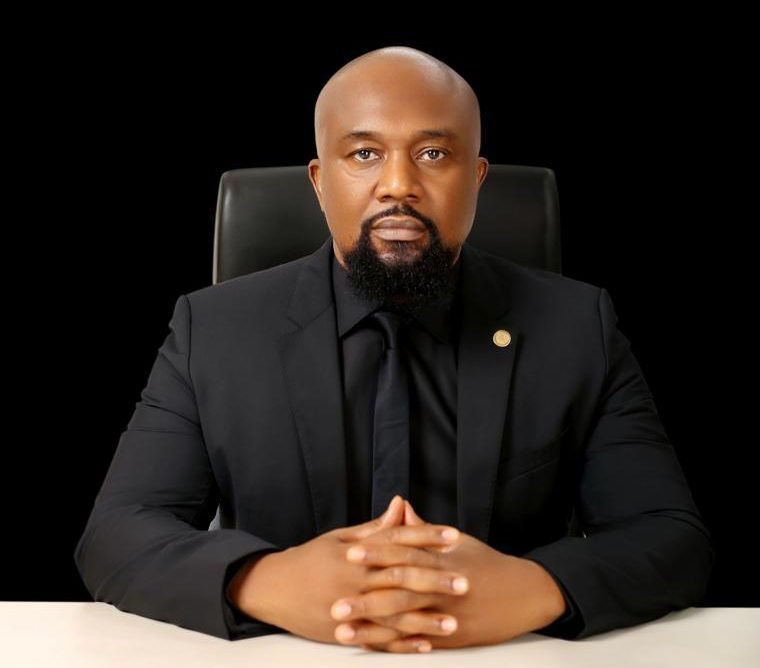
Table of Contents
The Strategy: Culture, Language, and Ecosystems
Grounding Learning in Local Realities
Oparaugo emphasised that a truly reimagined education system must reflect African realities — through local languages, relatable stories, and culturally relevant content. “When students learn through stories that reflect their lives, they connect deeply with knowledge, and confidence grows,” he said. This is not mere idealism — it’s deeply practical. By teaching in native tongues, learners can grasp concepts more easily and engage more meaningfully.
Mobile-First Platforms for Scale
With mobile phone adoption surging — and estimations suggesting over 500 million smartphone users in Africa by 2030 — Oparaugo argued we must leverage this infrastructure. GetBundi is already doing this, pushing low-data apps, offline-compatible platforms, and even WhatsApp-based micro-learning. It’s a powerful way to expand access, especially in rural or underconnected communities.
Building Teacher Capacity and Infrastructure
It’s not enough to focus solely on learners. The entire ecosystem needs support — teachers, curricula, and infrastructure. Oparaugo warns that without training teachers in digital skills, reform efforts risk being shallow. He called for connections between broadband expansion, curriculum reform, and teacher professional development to build sustainable systems for digital literacy.
Innovation Hubs as Learning Bridges
One of GetBundi’s key strategies is to anchor learning in community-driven innovation hubs. These hubs pair hands-on activities — like coding, design thinking, and entrepreneurship — with formal learning. For young Africans, these centres can be a bridge between classroom study and real-world application.
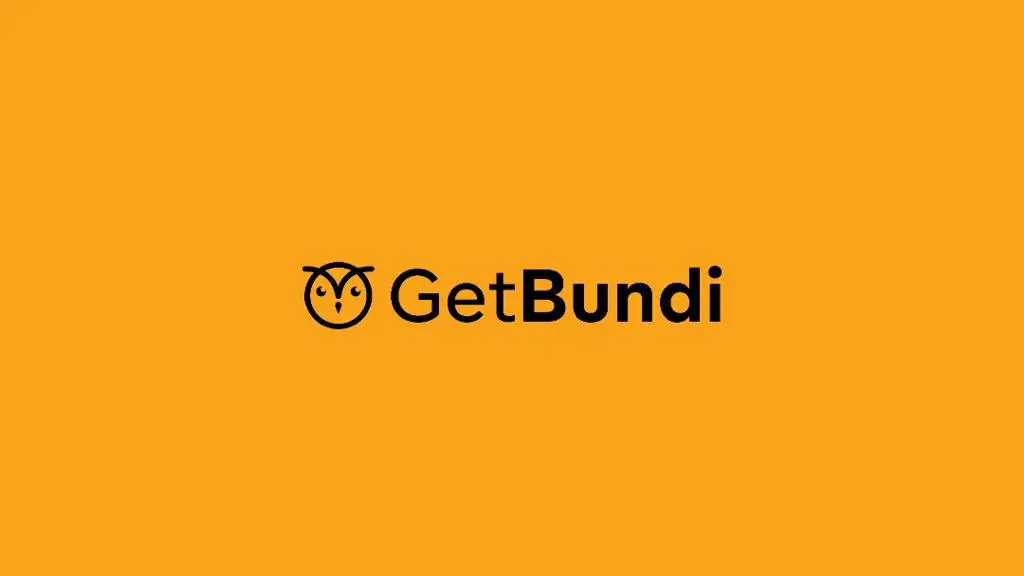
Why This Matters: Youth, Jobs, and Africa’s Future
Oparaugo’s urgency is backed by powerful demographic and economic trends. By 2050, he noted, one in every three young people globally will be African — making today’s African classrooms the birthplace of tomorrow’s global innovators.
He also drew attention to the digital skills gap across Africa. Referencing a study by the International Finance Corporation (IFC), Oparaugo said 230 million jobs on the continent will require digital skills by 2030 — translating into a potential $130 billion training market. Without serious investment in digital education, he warned, Africa risks being left behind in global competition.
For him, the model is simple but bold: invest in STEM and digital skills education now; scale through mobile, local, and community-based solutions; and create ecosystems where innovation thrives.
GetBundi: Building a Digital Africa from the Ground Up
GetBundi, the platform Oparaugo leads, is more than a statement — it’s a working example of his vision. Launched in Lagos in June 2022, the EdTech company specialises in accessible, high-quality STEM content for secondary school students, and job-ready digital skills training for young adults.
Some of GetBundi’s distinguishing features:
- Over 1,000 hours of audio-visual STEM content mapped to the West African curriculum, complete with competition exam (WAEC) revision support.
- Digital skills courses covering areas such as coding, video editing, graphic design, data science, and digital marketing.
- Micro-sliced and mobile-first delivery that makes learning accessible on low-data platforms and even via WhatsApp.
- Course content in indigenous African languages — including Yoruba, Igbo, Hausa, and even Pidgin English — enabling learners to learn in the language they’re most comfortable with.
- A goal to upskill 10 million Africans under its “GetBundi Vision 2032” (or Vision 2034 in some sources), aligning with the African Union’s Agenda 2063.
GetBundi also emphasises equity: through its GetBundi Education Foundation, it supports marginalised groups — girls, internally displaced persons, persons with disabilities, and refugees — to ensure digital learning reaches those who need it most.
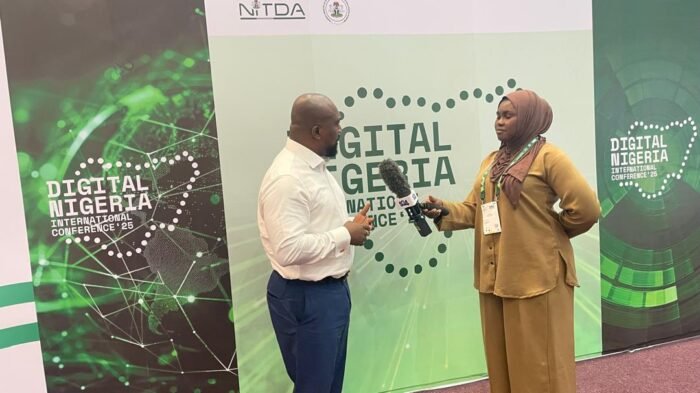
Challenges Ahead — And Hope for the Future
Oparaugo’s vision is not without obstacles. Infrastructure gaps such as unreliable electricity, limited internet coverage, and teacher training shortfalls remain major barriers. But his message — rooted in conviction — is clear: these hurdles are surmountable.
He ended his remarks at the conference with a rallying cry. Africa must believe in its moment. The continent is no longer a passive observer in the digital shift — it is poised to lead. By reimagining education now, Africa can author its own future in the digital age.
Osita Oparaugo’s address was more than a policy pitch — it was a vision. A call to arms for educators, governments, private sector players, and young Africans themselves to rewrite how they learn, what they learn, and why they learn in a way that recognises Africa’s strengths and prepares its youth to shape the digital world.
Join Our Social Media Channels:
WhatsApp: NaijaEyes
Facebook: NaijaEyes
Twitter: NaijaEyes
Instagram: NaijaEyes
TikTok: NaijaEyes


